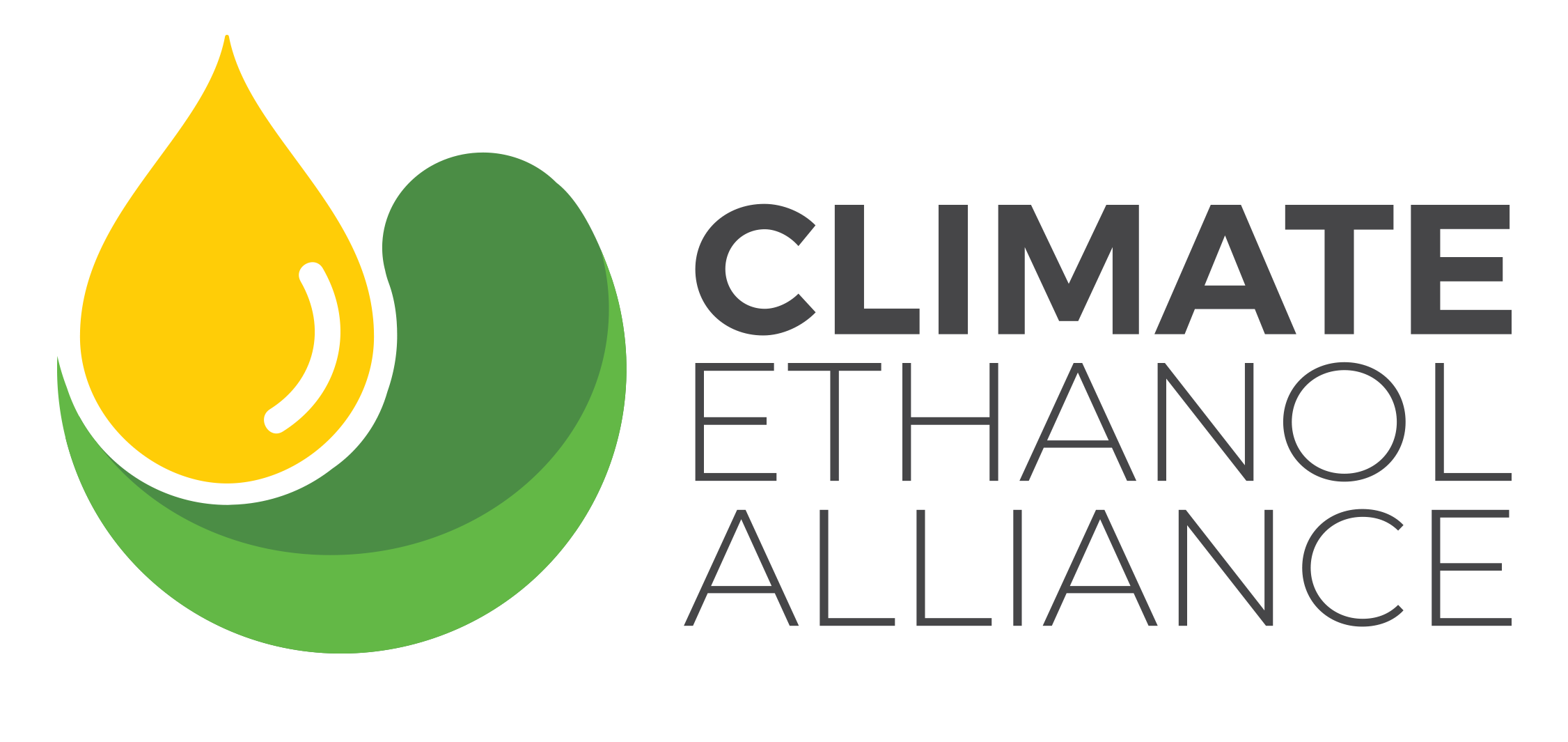In the light of alarming oil industry forecasts[1] of continued growth in the world’s fleet of gasoline and diesel road vehicles to 2040 and beyond (to upwards of two billion vehicles from 1.2 billion today), ethanol sector advocates pressed government leaders at COP 25 today to further bolster support for ethanol as a renewable fuel.
Today’s ethanol contributes greenhouse gas savings of over 50 percent compared to oil—a number that increases every year as the sector innovates. With enough output to power 100 million cars globally, the amount of renewable energy supplied by ethanol is approaching that of wind energy and has surpassed that of solar. Worldwide, ethanol made from biomass is the single biggest contributor to climate action in the transport sector while also serving as a valuable revenue stream for farmers that have struggled with low prices due to global crop surpluses.
Fred Yoder, farmer from Ohio, USA, said, “I have doubled yields on my land in the last 20 years while at the same time improving soil health, increasing carbon sequestration on the land I farm and all the while producing crops for both food and energy. My farming business would not be viable without both markets.”
While much of COP25 is concerned with future innovations and politically challenging solutions for climate action in transport, ethanol is already viable, scalable and cost effective. It works in today’s transport system. There is significant supply capacity available for immediate deployment and new capacity can be easily added.
Eric Sievers, Director at Pannonia Bio, said that, “Regulation to support the ethanol contribution in climate action to date has been very successful. For ethanol to get to the end user it must first be procured and distributed by the very firms that have the least to gain from it, the oil companies, and yet it is working. This track record of regulatory success demonstrates that climate action policy-makers can depend on.”
Moving forward, it is imperative that global leaders utilize an “all of the above” strategy when employing solutions to mitigate emissions, and ethanol can serve as a complementary solution to longer-term technologies such as electric vehicles. As a renewable energy source, ethanol answers the world’s collective call for an immediate solution with proven benefits to reduce emissions in the transport sector while serving as a major player in reaching multiple sustainable development goals (SDGs) including poverty reduction through rural development, good health and well-being, climate action, and affordable and clean energy for all.
Contacts:
James Cogan, Ethanol Europe, jcogan@eerl.com
Candice Wilson, US Grains Council, cwilson@grains.org
Doug Berven, POET, doug.berven@poet.com
Ernie Shea, Solutions from the Land, eshea@SfLdialogue.net
[1] https://www.bp.com/en/global/corporate/news-and-insights/bp-magazine/graph-corner.html
For Immediate Release
December 5, 2019 COP 25 Madrid, Spain

